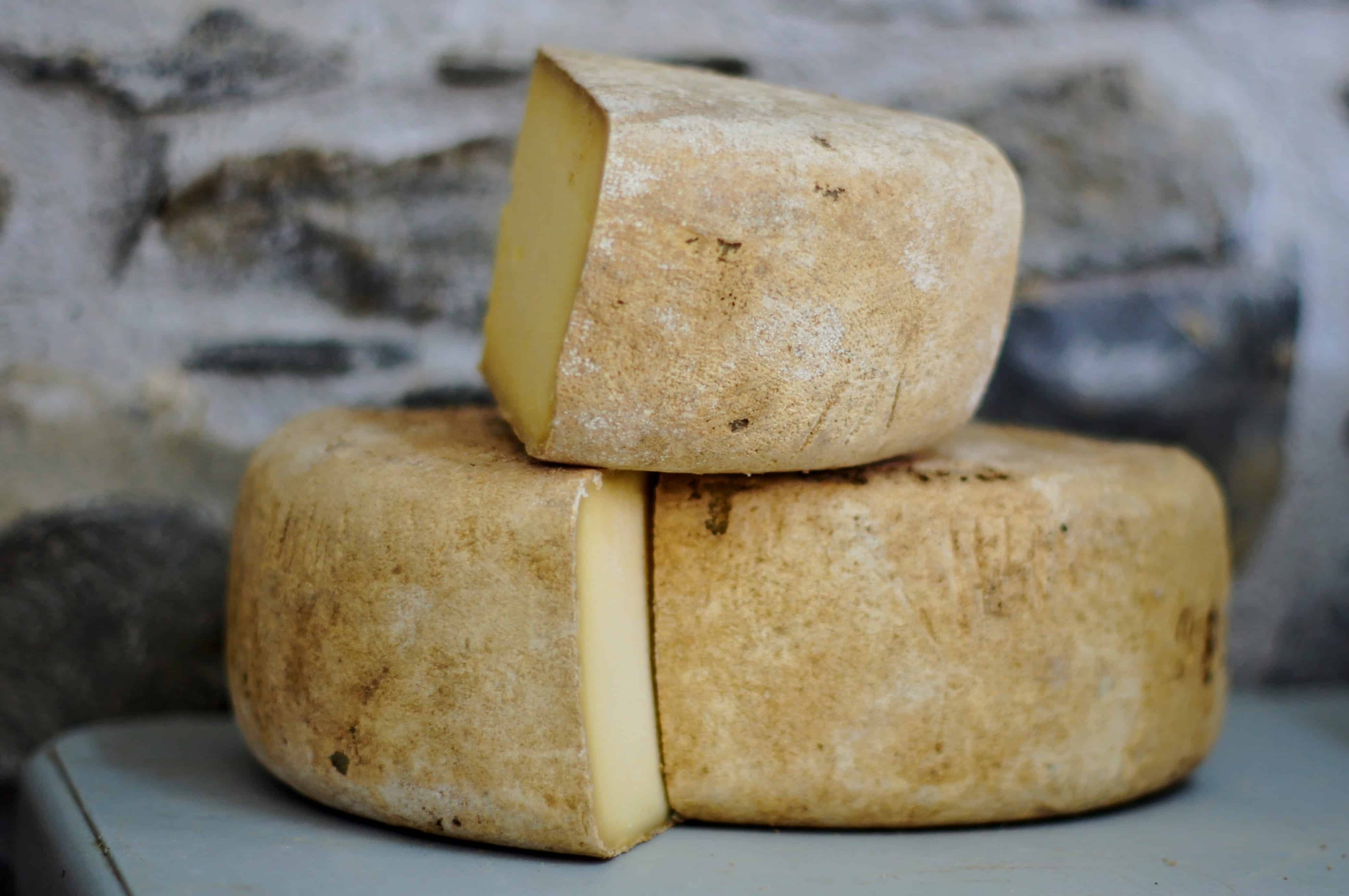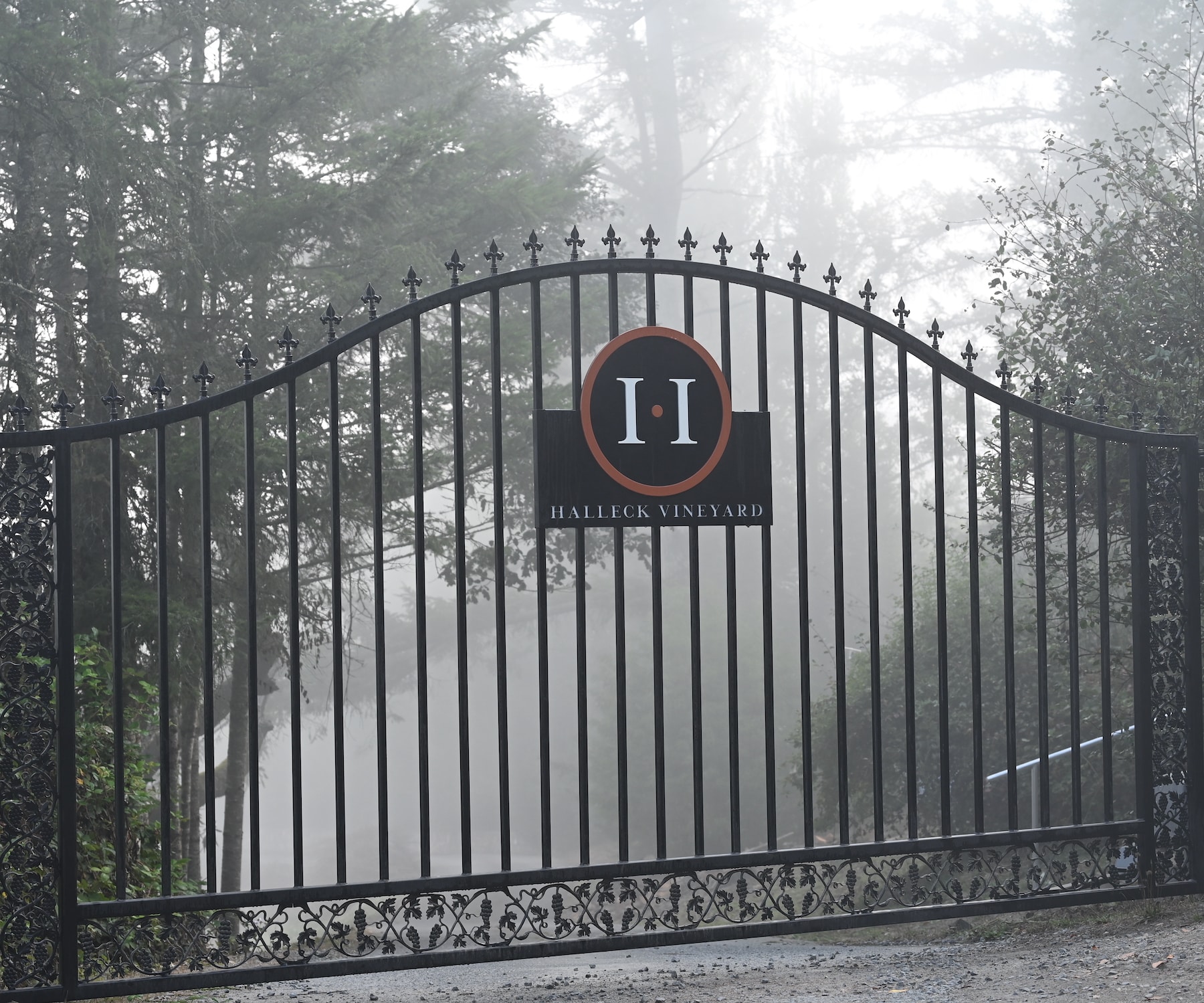Wineries Ideal For Romantic Getaways - Best Wineries In Sonoma For A Wine Experience
Visiting a winery for a wine tasting may be a fascinating experience, particularly when you understand how to maximize the chance with tasting notes. These notes serve as a guide to understanding the complexities of the wines you sample and assist in forming a deeper connection with every pour. Using tasting notes can remodel your experience, permitting you to savor not simply the style but also the story behind every bottle.
Each wine has a singular profile influenced by grape variety, terroir, and winemaking techniques. Understanding these elements can enhance your appreciation of the wine. When you're given a tasting menu or a flight of wines to sample, take the time to learn by way of any descriptions offered (Wineries With Unique Gamay Wines). This initial overview can set the tone and expectations in your tasting experience.
Begin your wine tasting by observing the wine in your glass. The shade can reveal a lot concerning the wine’s age and varietal. Take notes on the hue, readability, and viscosity. A well-structured tasting note often consists of this visual assessment because it forms the inspiration of your analysis. Whereas it could seem trivial, the visual aspect is essential in wine tasting.
Best Pinot Noir Wineries In Sebastopol - Best Wineries For Wine Tasting Sonoma Area
After your visible assessment, it's time to take a delicate whiff. Swirl the wine in your glass to aerate it, releasing its aroma. This is where tasting notes become significantly valuable. Make notes about the completely different scents you detect—fruits, spices, or floral hints. Figuring Out these aromas will help you put words to the intrinsic complexities of the wine you're sampling.

The subsequent crucial step is the tasting itself. Take a small sip and let the wine roll over your palate. Note the flavors you experience. Are they sweet or tart? The Place does your palate detect every flavor? Some wines might present immediate sweetness adopted by a tannic end. Use your tasting notes to document these layers, creating a roadmap of your sensory experience.
Think About also the mouthfeel of the wine as you style. Is it easy, crisp, creamy, or maybe tannic? This textural high quality considerably influences the general enjoyment and impression of the wine. Observing the mouthfeel can reveal the standard and craftsmanship behind the winemaking course of.
It Is helpful to check different wines as you taste them. If you are sampling a flight with contrasting varietals, make an observation of the variations you perceive. How does the acidity differ from one wine to another? Which wine feels fuller, and which is more refreshing? This comparative exercise deepens your understanding and helps sharpen your analytical skills.
Intimate Wine Tasting Experiences In Sonoma - Sebastopol's Best Wine Trails

Have Interaction with the winery staff whereas tasting. Educated hosts often share insights concerning the winery's history, the specific vintage, or the winemaking philosophy, enriching your appreciation of the wine. Don't hesitate to ask questions that pique your curiosity based on your tasting notes. Many hosts take pleasure in discussing their wines and might offer a wealth of data that isn’t available from printed supplies. Best Pinot Noir Wineries In Sebastopol.
Maintain in thoughts the seasonality of wines as you taste. Totally Different wines evoke diversified moods and pair well with distinct culinary experiences. Take notes on the way you would possibly enjoy a specific wine with food. This not solely adds context to your tasting notes but in addition aids future alternatives and purchases.

Another helpful tip while utilizing tasting notes at a winery navigate here is to record your impressions instantly. As wines can blend and create a uniform flavor reminiscence, jotting down your thoughts promptly ensures a extra accurate reflection of your experience. Use adjectives that resonate with you, crafting a private vocabulary to describe every wine based on your preferences.
After finishing the tasting, evaluate the notes you’ve taken. Reflect on which wines stood out to you and why. This reflection reinforces your tasting experience and highlights what you may search in future purchases. If you've got famous specific aromas or flavors that captivated you, this data empowers you to pick wines that align together with your palate.
Wine Tasting Experiences With Local Cheese - Sebastopol Wine Tours And Vineyards
Wine tasting can also serve as a chance for socializing. Sharing your tasting notes with companions can ignite participating discussions on flavors, preferences, and impressions. This communal aspect of wine tasting often enhances the experience, cementing lasting memories you could recall with a cup of wine in hand.
In conclusion, utilizing tasting notes at a winery wine tasting can considerably improve your experience. By observing the visual aspects, aromas, flavors, mouthfeel, and even the tales behind the wines, you create a wealthy tapestry of notes that can guide your future wine experiences. Engaging with the workers, comparing wines, and reflecting in your impressions will deepen your appreciation for the art of winemaking. Every tasting is a chance to discover and join with wines in exciting new methods. With practice, your tasting notes will evolve, becoming a cherished element of your wine journey.
Wineries Pairing Wine With Chocolate - Tasting Rooms In Sebastopol
- Start by familiarizing your self with the winery's tasting notes; they often describe the wine’s aroma, flavor profile, and end, offering a helpful framework.
- Use your senses of sight and scent earlier than tasting; swirl the wine in your glass, observe its shade, and inhale its bouquet to seize the wine's initial characteristics.
- When tasting, take a small sip and let the wine coat your palate; give attention to the first flavors and any secondary notes which will emerge, similar to fruit, spice, or earthiness.
- Pay attention to the texture and mouthfeel of the wine; is it easy, tannic, creamy, or crisp? This facet can significantly enhance your understanding of the wine.
- Evaluate the tasting notes along with your sensory experience, noting any similarities or discrepancies, which may deepen your appreciation of each wine’s complexity.
- Consider the wine’s getting older potential by analyzing its construction and balance; some wines could also be gratifying now, while others may evolve fantastically over time.
- Take notes through the tasting; recording your impressions might help you remember every wine better and refine your palate for future tastings.
- Have Interaction with the tasting employees; ask questions concerning the wine manufacturing course of, grape varieties, and the specific notes you are detecting to reinforce your data and experience.
- Discover pairing suggestions alongside your tasting; understanding which meals complement the wine can enrich both the tasting experience and your appreciation for the wine's nuances.
- Respect various preferences among your group; wine tasting is subjective, and inspiring open dialogue about individual tastes can lead to a extra enjoyable and informative experience.undefinedWhat are tasting notes, and why are they necessary at a wine tasting?undefinedTasting notes are descriptions of the flavors, aromas, and overall impressions of a wine. They are necessary because they guide your palate and improve your understanding of the wine's traits, serving to you appreciate totally different varieties and styles.
How should I take notes throughout a wine tasting?undefinedYou ought to concentrate on key elements similar to aroma, flavor, physique, acidity, and finish. Use a structured format or template to categorize your ideas and write down your impressions immediately after tasting. This helps you bear in mind your thoughts later.
Am I Able To use my own words to describe a wine, or ought to I stick to standard recommended you read tasting terms?undefinedYou can completely use your own words to explain a wine. Whereas normal tasting phrases can help convey particular qualities, personal descriptors add authenticity to your notes and might make your wine experience more gratifying and relatable.
Should I concentrate on particular flavors in the wine or the general experience?undefinedEach aspects are essential. Whereas specific flavors assist you to establish the unique characteristics of a wine, the general experience encompasses how all elements combine—creating a more holistic understanding of the wine.
Wineries Promoting Wine Club Memberships - Sebastopol Wine Experiences
What if I cannot determine certain aromas or flavors throughout a tasting?undefinedIt’s widespread to have difficulty figuring out specific tastes or scents. Don’t hesitate to ask for assist or steerage from the staff on the winery. They can provide insights and assist refine your palate over time through practice.
How can I use tasting notes to determine on wines in the future?undefinedBy reviewing your tasting notes, you presumably can identify your preferences and developments in your wine decisions. This lets you select wines that align with your palate in future tastings and purchases, making your experience more gratifying.
Is it applicable to compare wines throughout a tasting?undefinedSure, comparing wines could be helpful. It helps highlight the variations in flavor profiles and attributes, allowing you to develop a deeper appreciation and understanding of every wine's unique qualities.
What ought to I do if I disagree with the tasting notes provided by the winery staff?undefinedDisagreement is a natural a part of wine tasting! Use it as a chance to debate your impressions with the staff; they will present further context or details about the wine, which can enrich your experience.
Sonoma's Top Sparkling Wine Producers - Local Wineries In Sebastopol
How ought to I organize my tasting notes after the event?undefinedAfter the tasting, manage your notes by wine sort, producer, or personal desire. Think About making a digital or physical journal which can be referenced for future tastings and wine choices, making it easier to recall your experiences.